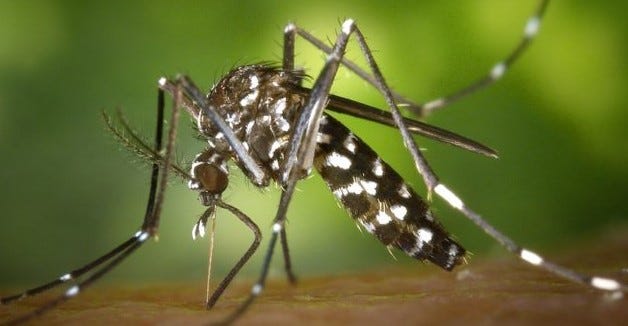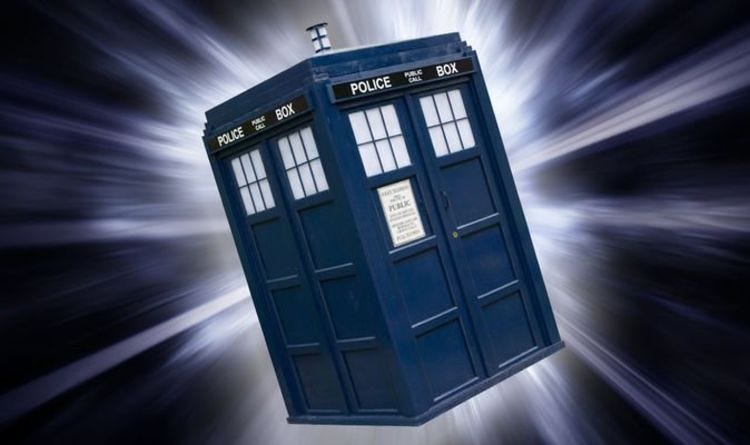1. One to help
Quick and accurate diagnosis of infectious diseases is the key to a healthy outcome. Dengue, Chikungunya and Zika viruses are all transmitted by mosquitoes, and all produce similar symptoms, meaning they require complex equipment for early diagnosis. This equipment is often not available in countries that have a lot of mosquito-borne disease.
A Korean research team has developed a paper strip which can quickly and cheaply diagnose these diseases using a method not unlike pregnancy test kits. My new favourite acronym, LAMDA (lab-on-paper for all-in-one molecular diagnostics), analyses the patient’s blood sample mixed with a few drops of distilled water. When it detects a particular virus present in the blood, a patch in the paper will dim to indicate which disease is present.
I love it when research and technology makes something, that was previously only available in wealthy areas, globally accessible. This cheap and effective mini-lab will save lives the world over.
2. One thing to be wary of
With the pandemic forcing students into online schooling, the question of how to prevent cheating on exams comes to the fore. The methods being used are controversial and I think rightly so.
Proctoring (I had to look this word up, it means to watch people taking an exam, nothing to do with proctology apparently – although both may cause clenching) software works by analysing the student’s actions both on and off screen. It uses the microphone to record noise in the room, determines where the eyes are looking, how many times the student looked away and how many keystrokes they made. When the system detects something suspicious, it flags the action to the teacher who can then review footage to determine if cheating has occurred.
Despite the need for a solution, students and faculty staff alike are calling for the removal of this software. Putting aside the obvious privacy concerns, they say that the algorithms force students to comply with standard movement behaviour as defined by the software, i.e. how many times you can look away. Not just that, the software may also discriminate against people with disabilities and there are still issues with its facial recognition methods.
Also, when you know you’re being closely monitored for your every move, wouldn’t you feel more conscious of your behaviour and be less focused on your answers to the exam? I think I would be.
3. One thing to amaze
“Say you travelled in time, in an attempt to stop COVID-19’s patient zero from being exposed to the virus. However if you stopped that individual from becoming infected, that would eliminate the motivation for you to go back and stop the pandemic in the first place.” My mind is blown by University of Queensland student Germain Tobar, but stay with me here – as I am excited by the conclusion that refutes this hypothesis.
If preferable you can substitute the above with the “Marty McFly shouldn’t date his own Mum” hypothesis.
The above paradox is often used as the argument for why time travel is not possible. Or for why, even if it was, you should never do anything that may change the future. But these smart Aussies have done the math and they believe that I will be able to go forward and bring that hoverboard back.
Try as I have to summarise their mathematical findings in a 2-minute read it has not been possible. You will need to dig into the above link and research papers to geek out on the math. Germain summarises the results as such:
“In the coronavirus patient zero example, you might try and stop patient zero from becoming infected, but in doing so you would catch the virus and become patient zero, or someone else would. No matter what you did, the salient events would just recalibrate around you. Try as you might to create a paradox, the events will always adjust themselves, to avoid any inconsistency.”
So if you change something in the past, these events will still occur by another route. This means that we avoid the paradox and your Mum and Dad will still meet. They may now take some twists and turns to get there but we will still get to the present.

